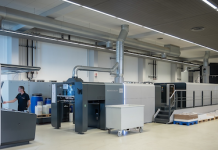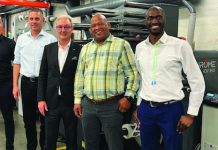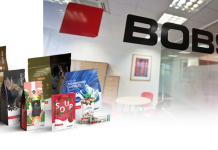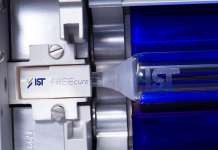Canon South is pleased to announce its continued commitment to reducing its carbon footprint. For the third consecutive year, the company has reached it target to offset its carbon footprint by a minimum of 365 tons of CO2e (carbon dioxide equivalent).
Now well on its way to becoming a carbon neutral business, Canon South Africa offset over 365 Tons, equaling 19.34% of its carbon emissions, in 2017. This is buoyed by the 23.11% and 15.03% the company offset in 2016 and 2015 respectively.
‘Canon South Africa is on the road to carbon neutrality. This is a goal close to our heart. We have several optimisation programmes in place to improve the resource and energy efficiency of our operations. Carbon offsetting is aligned with these initiatives to make our business greener. Carbon offsetting allows us to reduce our carbon footprint while supporting sustainable projects that are aimed at improving the quality of life of people threatened by the impact of climate change.
‘Three years ago, we set our target to reduce our carbon foot print by offsetting a minimum of 365 tonnes of CO2e annually. We have managed to achieve this target every year since and we are steadfast in our commitment to do the same again in 2018. The more we are able to offset, the more we can help communities,’ said Iza Daly, sustainability manager & EMEA Internal Environment Auditor – RosCord, Canon SA.
Canon South Africa is working with the Carbon Neutral Group to offset its carbon emissions by supporting carbon reduction projects. Carbon offsetting is achieved by taking responsibility for and financing carbon reduction projects elsewhere in the economy. Carbon offsetting will ultimately see Canon South Africa reduce the amount it pays in carbon tax. Canon South Africa offsets its annual carbon emissions through it support of a project to purchase and rollout Wonderbags in underprivileged communities.
The Wonderbag, developed in South Africa, relies on the age-old concept of heat retention cooking to save on energy costs. Once food has been brought to the boil using a heat source, the warm pot containing the food is placed immediately in the Wonderbag and the food slowly cooks without using any additional energy. Wonderbags can be used to cost-effectively prepare a wide range of one pot dishes, casseroles, curries, cooked salads, and more.
The Wonderbag also saves water (due to less evaporation), with one bag saving as much as 150 litres per year. So this means for every one ton of CO2 emissions that Canon South African helps to offset, it also enables three Wonderbags to be distributed, which in turn saves 450 liters water per year.
According to Franz Rentel from the Climate Neutral Group, by offsetting over 365 tons of CO2e in 2017, Canon South Africa helped to distribute 1095 Wonderbags.
‘This contributed to water savings of around 160,000 litres per year. And remember a Wonderbag can last for up to 10 years, so the water savings will be higher over the lifespan of the bags. This is particularly significant in the Western Cape which is in the grips of a severe water shortage that has called everyone in the province to find more water-economical ways of living and working,’ concluded Daly.





















